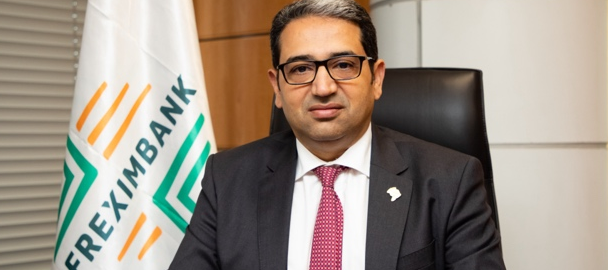

Germany: BMW introduces RiskHub in response to ‘fragile supply chains’
BMW has set up a “RiskHub” to manage risk in its supplier net as it reported a year “dominated by fragile supply chains”.
The RiskHub studies data from external, publicly-available data sources regarding issues such as natural disasters and financial risks, using artificial intelligence (AI) and data analytics.
In its 2022 annual report BMW said the year was “dominated by fragile supply chains and rising prices for many materials”.
Cost drivers were primarily price hikes for raw materials, semiconductors, energy, and transportation.
“The combined impact of supply bottlenecks for semiconductor components, the temporarily restricted availability of wire harnesses owing to the war in Ukraine, and pandemic-related lockdowns in China led to production interruptions worldwide, particularly in the first half of the year,” said the report.
The report said the RiskHub was “subject to continuous improvement”.
“An interconnected risk management system is fundamental for managing the supplier network. With this point in mind, the company has established a RiskHub that analyses information from external, publicly available data sources with regard to potential risks such as natural disasters or financial risks.
“We also employ state-of-the-art methods derived from the fields of AI and big data analytics.”
BMW said it followed the “principle of procuring vehicle components close to its production sites to the extent possible and is therefore represented by local teams in all its key purchasing markets, in order to identify risks promptly and respond flexibly to the respective market circumstances”.
“In the face of geostrategic aspects, a resilient strategy for the group’s supply chains is also becoming increasingly important and the BMW group takes this fact into account when selecting its partners.”
Member of the board of management of BMW for finance, Nicolas Peter, said, “The supply situation remains challenging, as we expect the situation on raw materials markets to remain difficult in 2023.
“However, the availability of components and semiconductors should improve slightly. While the energy supply should stabilise, disruptions and further significant cost burdens in supply chains are still expected. Logistics costs will therefore continue to weigh on earnings.”















